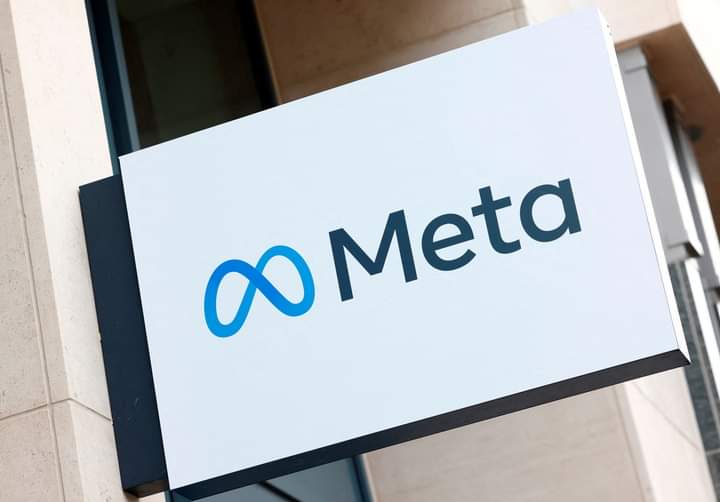By Adeyemi Adekunle
Nigerian authorities on Friday imposed a $220 million fine on Meta, the parent company of social media giants Facebook, Instagram, and WhatsApp, citing “multiple and repeated” violations of the nation’s data protection and consumer rights laws. This marks a significant step by the West African country in holding global tech firms accountable for their practices within its borders.
The Federal Competition and Consumer Protection Commission (FCCPC), Nigeria’s chief regulatory body for consumer protection, spearheaded the investigation into Meta’s operations. Adamu Abdullahi, the commission’s chief executive, revealed in a press briefing that Meta had engaged in “invasive practices against data subjects and consumers in Nigeria.” He outlined a series of accusations, including discriminatory practices, abuse of market dominance, unauthorized sharing of Nigerians’ personal data, and denying citizens the right to determine how their data is used.
“After a thorough 38-month investigation, we found that Meta’s practices significantly violated Nigeria’s data protection and consumer rights laws,” Abdullahi stated. “The fine is a reflection of the gravity of these violations and our commitment to protecting the rights of Nigerian consumers.”
The investigation, which began over three years ago, was driven by numerous complaints from Nigerian users who felt their privacy was being infringed upon by Meta’s platforms. The FCCPC’s findings indicate that Meta not only mishandled user data but also leveraged its dominant market position to engage in practices that stifled competition and disadvantaged Nigerian consumers.
Among the most serious allegations are those related to unauthorized data sharing. According to the FCCPC, Meta shared Nigerian users’ personal data with third parties without obtaining proper consent. This practice is in direct violation of Nigeria’s data protection regulations, which emphasize the need for explicit user consent before any data can be shared.
In addition to the data privacy concerns, the FCCPC accused Meta of discriminatory practices that affected Nigerian consumers. While specifics were not disclosed, these practices reportedly included differential treatment of Nigerian users compared to those in other regions, further exacerbating concerns about the company’s commitment to fair treatment of all its users.
Meta has not yet issued a response to the FCCPC’s announcement. However, the commission confirmed that Meta was fully aware of the ongoing investigation and had been given multiple opportunities to address the concerns raised.
The $220 million fine is one of the largest ever levied by Nigerian authorities against a multinational corporation, signaling a robust stance on data privacy and consumer rights. It also aligns with a growing global trend where countries are increasingly scrutinizing and regulating the operations of big tech companies to ensure compliance with local laws and protection of citizens’ rights.
Nigerian consumers and data protection advocates have welcomed the FCCPC’s decision. “This fine is a necessary step towards ensuring that companies like Meta are held accountable for their actions,” said Aisha Bello, a digital rights activist based in Lagos. “It sends a strong message that Nigeria is serious about protecting its citizens’ data and upholding their rights.”




